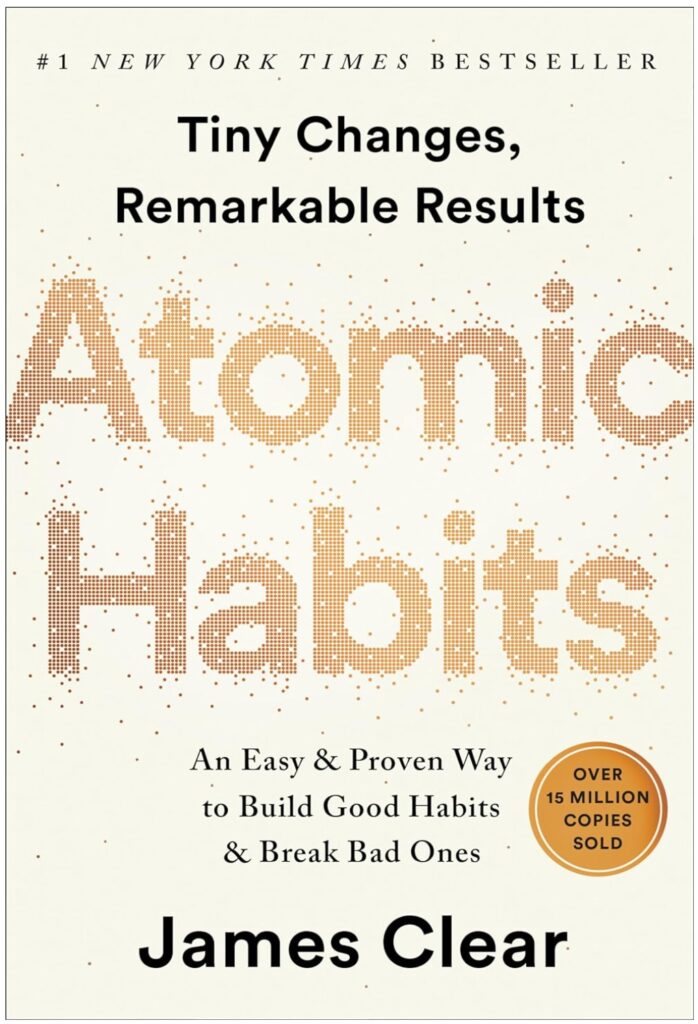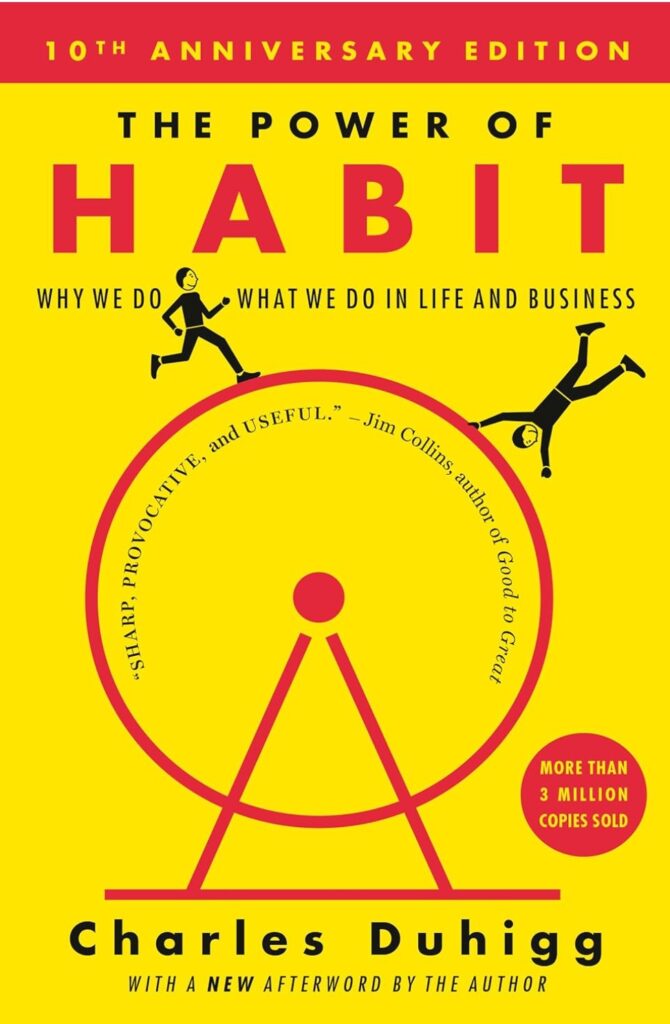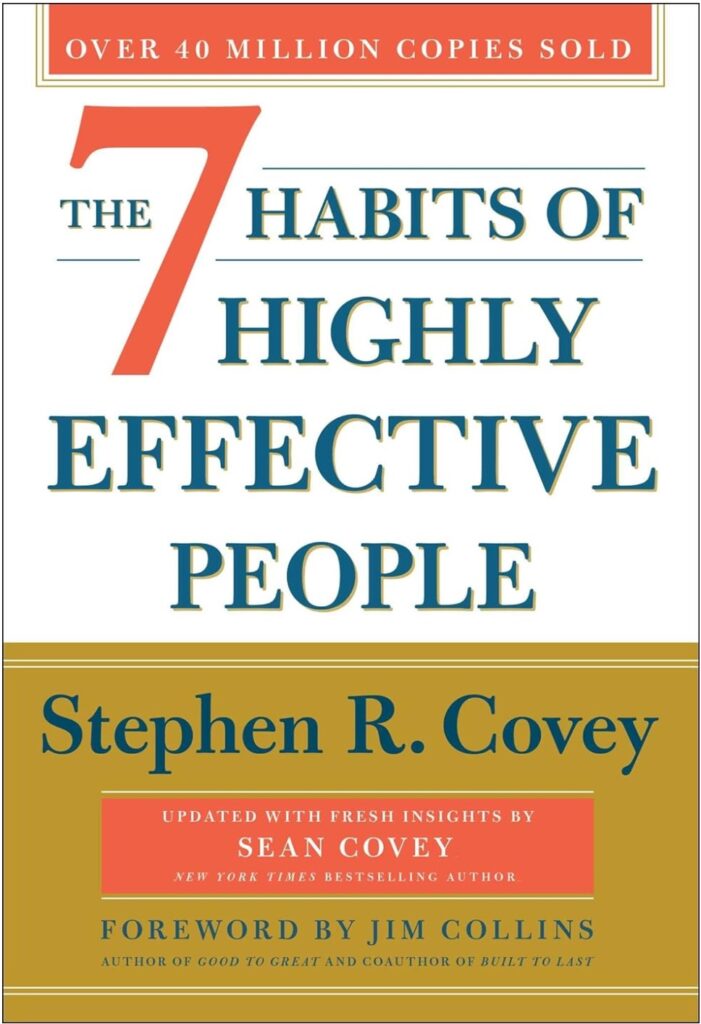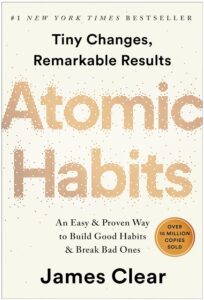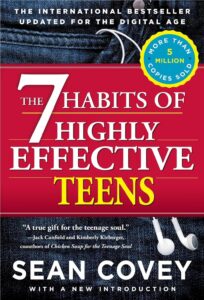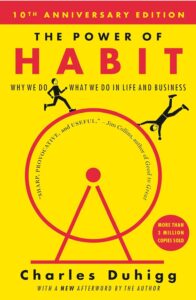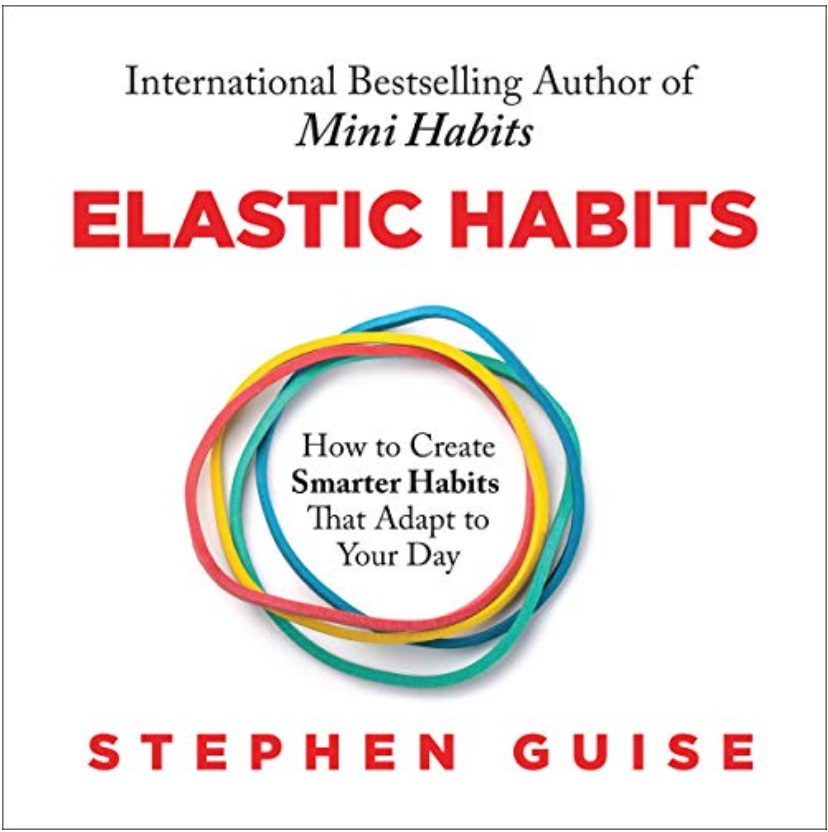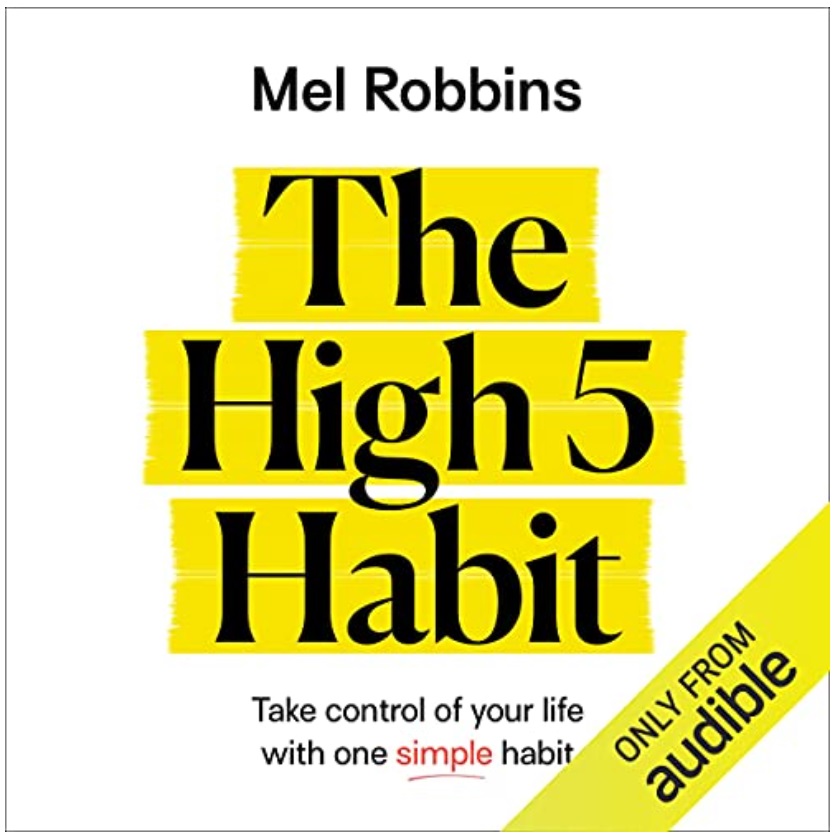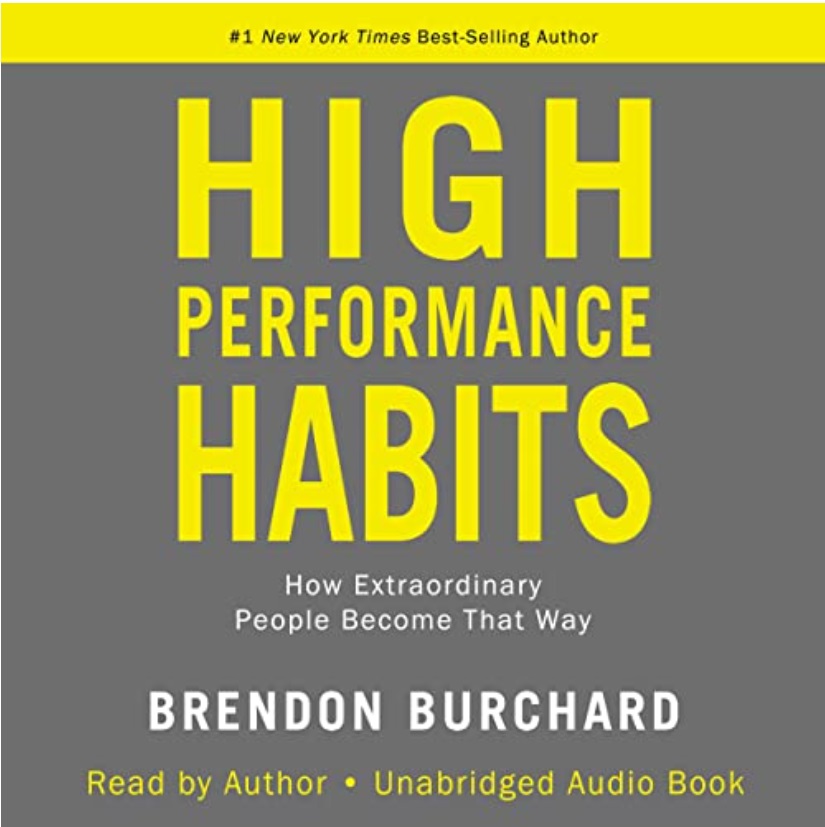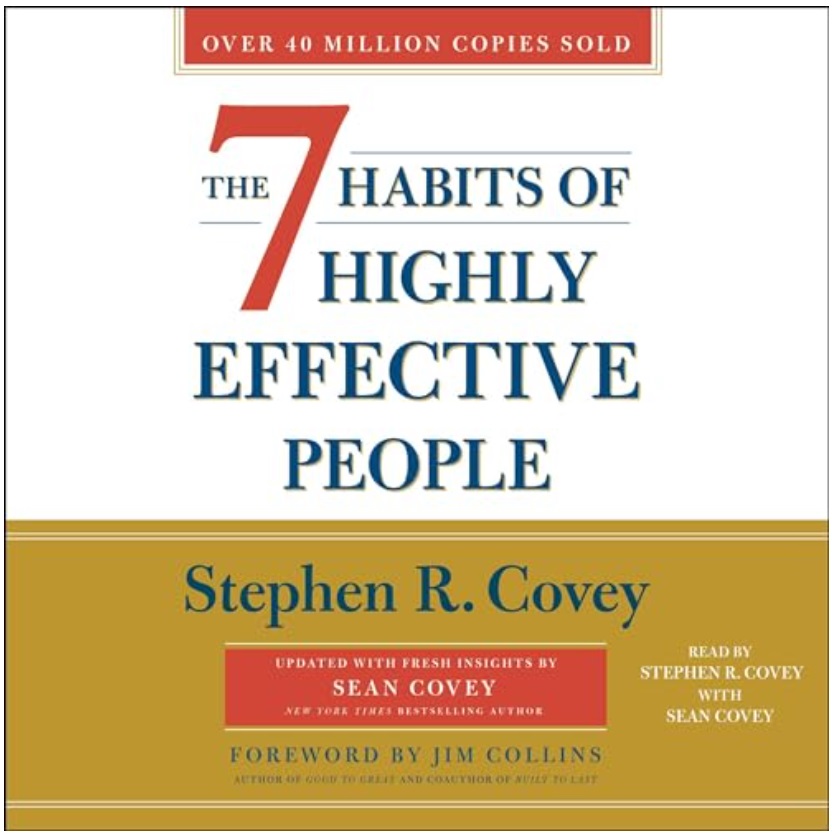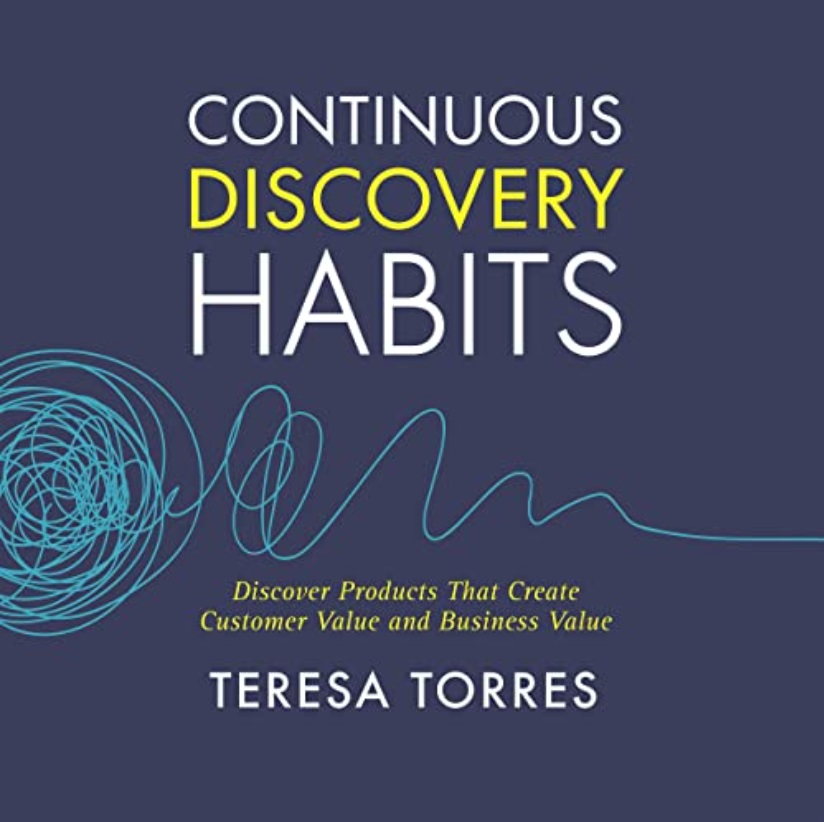KEY POINTS
- Breaking bad habits leads to significant improvements in both mental and physical health, enhancing overall life quality and longevity.
- Replacing unproductive habits with constructive ones can foster deeper personal connections and open up new professional opportunities.
- Effective habit management supports financial stability and fosters a mindset of continuous personal development, paving the way for achieving personal goals and self-actualization.
Breaking bad habits is more than just a fleeting moment of triumph—it’s an investment in your future.
Over the years, both in my personal life and through my work as a coach, I’ve witnessed transformative changes that go far beyond the immediate benefits.
Here, I’ll explore the lasting impacts of replacing detrimental habits with positive ones, sharing insights and strategies that have been instrumental for myself and others.
Table of Contents
ToggleProfound Effects on Mental and Physical Health
Mental Clarity and Emotional Stability
From what I’ve experienced, one of the most profound effects of breaking bad habits is the improvement in mental health.
Eliminating habits like chronic procrastination or all-day social media binges has not only freed up time but significantly reduced stress and anxiety, leading to greater emotional stability.
This change facilitates a clearer mind, allowing for better decision-making and enhanced enjoyment of life.
Boost in Physical Health
I’ve personally tested the effect of replacing sedentary habits with active ones, and the health benefits are undeniable.
Regular physical activity can lower the risk of chronic diseases such as diabetes, heart disease, and hypertension, contributing to a longer, healthier life.
Improved Sleep Quality
Breaking habits such as late-night screen time can greatly improve sleep quality.
I’ve personally noticed that by avoiding electronics before bed, I fall asleep faster and the sleep itself is deeper and more restorative.
Quality sleep is crucial for physical health, helping to repair the body and regulate mood.
Enhanced Brain Function
Eliminating habits like excessive alcohol consumption or smoking can lead to better cognitive function.
I’ve gathered that healthier lifestyles contribute to improved memory, quicker learning, and better problem-solving abilities.
These changes are vital for mental clarity and overall brain health.
Increased Energy Levels
Replacing sedentary habits with active ones can significantly boost your energy levels.
I’ve tried incorporating short, regular workouts into my routine and found that, over time, my overall stamina and energy throughout the day have increased.
This energy allows for more engagement in daily activities and less reliance on stimulants like caffeine.
Improved Relationships and Social Interactions
Enhanced Connections
Breaking bad habits often leads to improved personal relationships. I’ve found that by reducing my screen time, I’ve become more present during interactions with friends and family, which has deepened my connections with them.
Engaging more fully in conversations and shared activities strengthens bonds and enhances mutual understanding.
Social Life Expansion
I’ve seen that letting go of isolating habits can lead to a more active social life.
Engaging in community activities or joining clubs can replace unhealthy routines with enriching social interactions, broadening your support network and fostering a sense of belonging.
Greater Empathy and Understanding
As you work on breaking your own habits and recognize the effort it entails, you might find yourself developing a deeper empathy for the challenges others face.
This understanding can lead to more patient and supportive interactions, which strengthen relationships. In my experience, empathetic relationships are more rewarding and stable.
Better Communication Skills
I’ve found that reducing distractions, such as minimizing phone use during conversations, can greatly improve your ability to communicate effectively.
Being fully present boosts your listening skills, enabling you to respond more thoughtfully.
Improved communication naturally enhances social interactions, making them more engaging and meaningful.
Increased Social Confidence
Breaking bad habits often leads to an increase in self-esteem and confidence.
For instance, overcoming public speaking anxiety or social awkwardness can open up numerous social doors. This newfound confidence makes it easier to initiate conversations, participate in social activities, and meet new people, enriching your social life.
Career Advancement and Productivity Gains
Increased Productivity
In my years of working, I’ve observed that ditching habits like multitasking and frequent checking of emails can significantly boost productivity.
Focusing on one task at a time allows for deeper concentration and more efficient completion of tasks, paving the way for career advancement.
Professional Opportunities
I’ve gathered that maintaining good habits, such as punctuality and diligent work, often catches the attention of supervisors and opens doors to new opportunities.
Developing a reputation as a reliable and focused worker can lead to promotions and new job offers.
Enhanced Creative Thinking
Replacing passive activities like excessive TV watching with engaging and intellectually stimulating tasks can boost creative thinking.
I’ve personally found that activities like reading industry-related materials or brainstorming sessions with peers encourage innovative ideas and solutions, which are highly valued in many professional fields.
Stronger Professional Relationships
Bad habits like being consistently late or unprepared can strain work relationships.
By cultivating punctuality and thoroughness, I’ve seen improvements not only in personal performance but also in professional relationships.
Colleagues and supervisors often appreciate reliability, which can lead to more collaborative opportunities and a better workplace atmosphere.
Increased Adaptability
Breaking habits that limit your ability to handle change, such as resisting new technologies or methods, can significantly enhance your adaptability in the workplace.
I’ve tried to embrace continuous learning and open-mindedness, which has allowed me to thrive in rapidly changing environments and be viewed as a valuable asset to my team.
Financial Stability and Freedom
Reduced Impulsive Spending
Breaking habits associated with impulsive buying has long-term financial benefits.
I’ve tried implementing a 48-hour rule before making non-essential purchases, which has helped curb unnecessary spending and boost savings—a crucial step towards financial independence.
Budget Adherence
Sticking to a budget becomes easier when you break habits of eating out frequently or shopping as a leisure activity.
I’ve personally used budgeting apps to keep my finances on track, helping to ensure that I live within my means and save for the future.
Long-term Investment Habits
Adopting good investment habits, such as regular contributions to a retirement account or learning to diversify investment portfolios, can significantly impact your financial future.
I’ve found that starting small and increasing investments gradually helps build a robust portfolio over time, compounding gains and providing financial security.
Strategic Debt Management
Breaking the habit of accruing unnecessary debt and implementing strategies for debt reduction can dramatically improve financial health.
I’ve personally experienced the relief and subsequent stability from tackling debts systematically, using methods like the debt snowball or avalanche, which prioritize debts to optimize payoff strategies.
Automated Savings Systems
Setting up automated transfers to a savings account can help overcome the temptation to spend what you earn.
I’ve tried automating my savings right after payday, and it’s been incredibly effective in building a reserve fund without feeling the pinch each month.
This habit ensures that saving money becomes a seamless part of your financial routine, rather than an afterthought.
Personal Growth and Self-Actualization
Continuous Improvement
Breaking bad habits often leads to a mindset of continuous improvement.
I’ve found that each success builds confidence and inspires further changes, contributing to a lifelong journey of personal development.
Self-Actualization
Ultimately, replacing bad habits with good ones supports your journey towards self-actualization.
Achieving your full potential often requires letting go of behaviors that hold you back, allowing you to live a life aligned with your values and aspirations.
Cultivating Resilience
Developing resilience is key to personal growth. It involves learning to bounce back from setbacks and challenges effectively.
I’ve personally worked on this by setting small, manageable goals that build my confidence and capability to handle bigger obstacles.
This practice not only strengthens my resilience but also encourages a mindset geared towards continuous growth and improvement.
Expanding Knowledge and Skills
Lifelong learning is a cornerstone of self-actualization. I’ve tried to make a habit of regularly engaging in educational activities, such as online courses, workshops, or reading books, which broaden my understanding and skills in various areas.
This habit ensures that I am constantly evolving and adapting, which is crucial in today’s fast-paced world.
Practicing Mindfulness and Reflection
Taking time to reflect on one’s experiences and practice mindfulness is essential for deep personal growth.
I’ve found that daily reflection through journaling or meditation allows me to stay connected with my inner self, understand my true desires, and make decisions that align with my core values.
This practice enhances my self-awareness and guides me toward achieving my full potential.
Conclusion
The journey of breaking bad habits is challenging yet incredibly rewarding.
The long-term impacts touch every aspect of life—from health and relationships to career and financial stability.
Through my work and personal experiences, I’ve seen that the key to success lies in consistent effort and the support of a strong network.
Embracing this transformative process can lead you to a more fulfilled and purposeful life.











